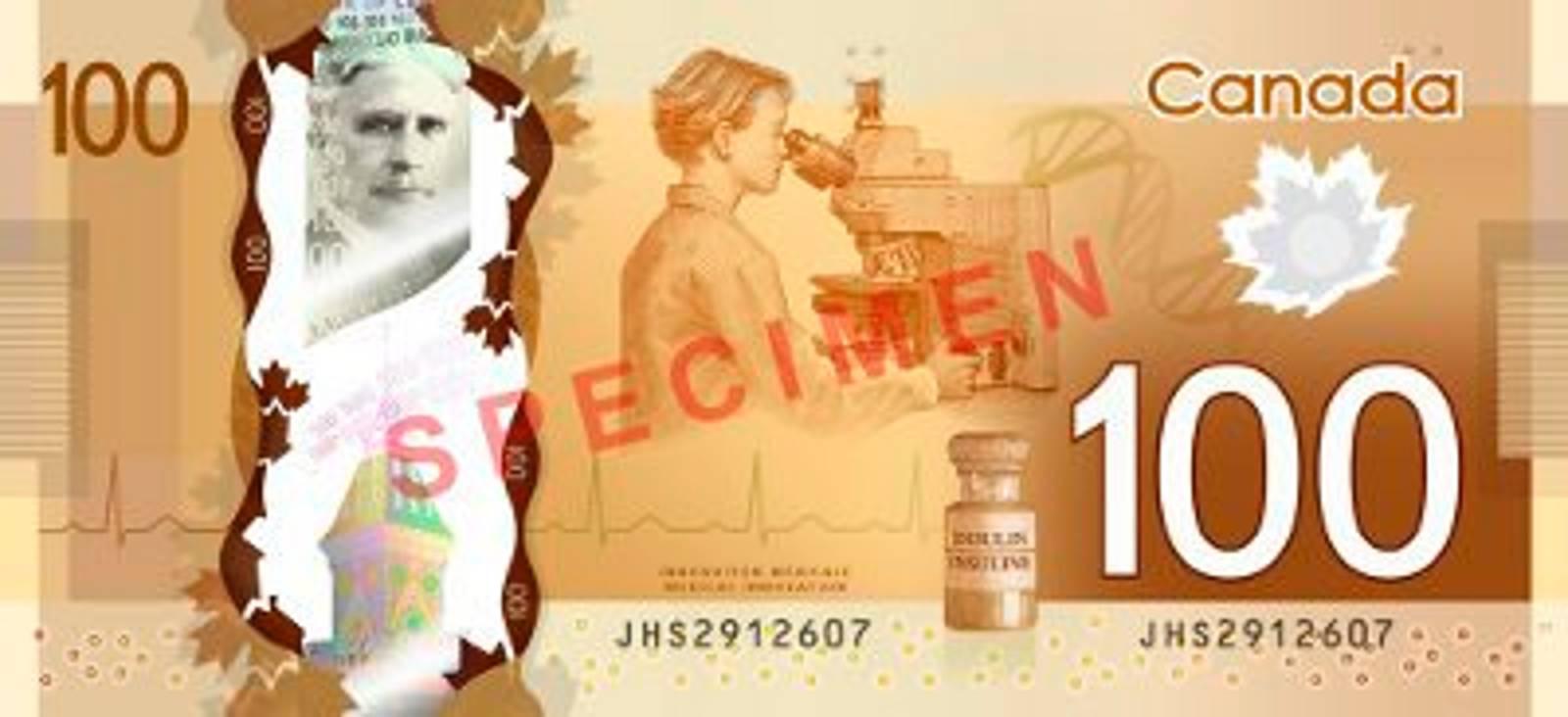There is great tension over whether Marine Le Pen and the National Assembly (RN) will be able to secure a clear majority in the second round of France’s legislative elections on Sunday.Photo: Pixabay
Political commentators are shuddering, but financial markets are shrugging, as Le Pen’s party is unlikely to win an outright majority. DNB Markets believes Macron’s electoral gambles give the wing parties less influence in the long term.
In the political debate, many are worried about the consequences for Europe of the victory of the extreme right in the French legislative elections. Financial markets have had a more limited concern: what happens to public finances, inflation and interest rates? But they too were worried: the prospect of larger budget deficits put financial markets in a sour mood when Emmanuel Macron announced new French elections after a landslide victory in the European elections. The French stock index CAC 40 fell by 6 percent in the week following the announcement, while the pan-European Euro Stoxx 50 index fell by 4 percent. The euro fell. The interest rate gap between French and German government debt widened.
The first round of Sunday’s elections gave Le Pen’s RN (National Rally, or Nasjonal Samling) a clear lead with 33 percent of the vote, ahead of the radical left NFP (New Popular Front) with 28 percent. President Macron’s more centrist Ensemble had to settle for 21 percent.
The policies of both parties in power mark in different ways a break with mainstream French and European politics. Before the election, former IMF chief economist Olivier Blanchard described the NFP’s economic policy as even worse than that of the RN, even though the NFPs have greater internal coherence.
Minerva Digital Annual Subscription for NOK 799
order here
Minerva’s monthly digital subscription for NOK 99 per month,
first two weeks 1 NOK
order here
Minerva annual digital subscription + magazine for NOK 1249
order here








